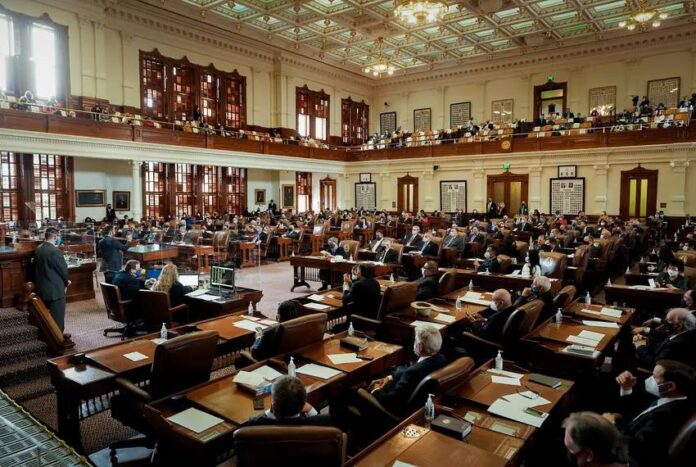We are constantly reminded that our country is built around a “government of the people.” From City Hall all the way up to the hallowed halls of our nation’s Capitol, we elect the people who enact the laws under which we live. If their performance doesn’t reflect the voters’ interests, those voters are free to toss them out at the next election and replace them with people who promise to better abide by the public’s wishes.
Obviously, voters can’t make those decisions if they don’t know what their elected officials are doing, and how they’re spending the ever-increasing amount of tax money they take from the people at all levels of government.
But that money attracts people who would like to take a share of that wealth for themselves, or who might be receptive to a gift from a friend, relative or business who would like a lucrative government contract or grant steered their way.
Dozens of officials in the Rio Grande Valley alone have been convicted of bribery, bid rigging and other charges. Such malfeasance is harder to do against the “disinfectant” effect of public scrutiny, as Supreme Court Justice William Brandeis called it.
As in countless sessions before, bills have been filed in the current Texas Legislative Session to eliminate or weaken the requirement that government bodies publish notices of meetings, changes in tax rates, bid requests and other matters in their newspaper of record.
Several bills seek to replace such notices with simple postings on their websites. History has shown that while honest officials already do that, and place them in prominent places, others have buried such notices under layers of pages, making it difficult for people to find — unless, perhaps, they’re a preferred bidder who’s been told where to look.
One of the current bills would allow the requirement to be met if notices were posted in other documents such as school newspapers, free specialty publications or even homeowners’ association newsletters. All of these have limited reach and would leave most of the public uninformed.
But that seems to be the intent of such legislation — reduce the number of people who can comment on officials’ actions and make informed decisions on Election Day.
One bill seeks to eliminate the public notice requirement for sales, auctions or other actions to dispose of seized or unclaimed property. This seems counterintuitive, since the competition from larger crowds usually raises sales prices, and thus revenue for the government body — unless, of course, the officials’ objective is to keep the price low to benefit an official’s friend or family member.
That is why all states including Texas as well as the federal government have laws that require government bodies to maintain public access to the decision-making process and to the records of all their activities, contracts and expenditures, specifically to keep officials honest.
We can only hope that honest officials will continue to outnumber the bad, and that the bad come to learn that the air of honest, open government will always be fresher and sweeter than the dank, dark corners of hidden dealings.





